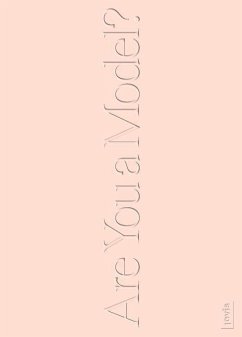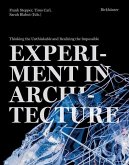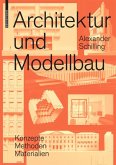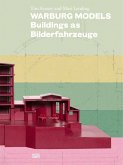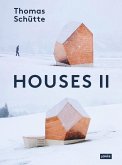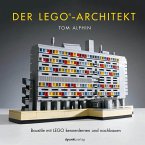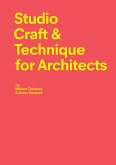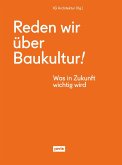Dieses Buch nähert sich Architekturmodellen nicht als starre Objekte, sondern als Anstoß für die Frage: Was genau ist eigentlich ein Modell? Wann im Entwurfsprozess entfaltet ein Modell seine Kräfte oder erfüllt seine Aufgaben? 30 Essays geben Antworten auf neun gezielte Fragen, verflechten disziplinäre, geografische und wissenschaftliche Perspektiven und fördern dabei überraschende Gemeinsamkeiten zu Tage. Gerahmt werden die Beobachtungen von einem einführenden Essay sowie einem Gespräch zwischen der Historikerin Annabel Wharton und dem Künstler Thomas Demand. Are You a Model? erkundet das Modell als Phänomen und Werkzeug der Architektur, ohne nach abschließenden Antworten zu suchen. Es vereint Stimmen aus Architektur-, Wissenschafts- und Kunstgeschichte, Softwareingenieurswesen, Architektur und kuratorischer Praxis. Dabei werden Modelle nicht etwa als Objekte nach Entstehungszeit, Genre und Material klassifiziert, sondern vielmehr als epistemologisch vielfältige Praxis verstanden.
Mit Beiträgen von Giulia Amoresano, Yana Boeva, Giulia Boller, Stefanie Brünenberg, Alberto Calderoni, Daniel Cardoso Llach, Wonseok Chae, Diana Cristobal Olave, Carlotta Darò, Cansu Degirmencioglu, Kai Drewes, Ruth Ezra, Erik Herrmann, Carolin Höfler, Deniz Avci Hosanli, Christian Janecke, Orkun Kasap, Evangelos Kotsioris, Silke Langenberg, Sebastian Loosen, Christina Moushoul, Ana Carolina Pellegrini, Eliza Pertigkiozoglou, Andreas Pilot, Stéphanie Quantin-Biancalani, Salome Schepers, Ecaterina Stefanescu, Simona Valeriani, Mara Trübenbach, Annabel Jane Wharton, Matthew Wells, Baris Wenzel, Holger Zaunstöck, Maxime Zaugg und Tamar Zinguer
Mit Beiträgen von Giulia Amoresano, Yana Boeva, Giulia Boller, Stefanie Brünenberg, Alberto Calderoni, Daniel Cardoso Llach, Wonseok Chae, Diana Cristobal Olave, Carlotta Darò, Cansu Degirmencioglu, Kai Drewes, Ruth Ezra, Erik Herrmann, Carolin Höfler, Deniz Avci Hosanli, Christian Janecke, Orkun Kasap, Evangelos Kotsioris, Silke Langenberg, Sebastian Loosen, Christina Moushoul, Ana Carolina Pellegrini, Eliza Pertigkiozoglou, Andreas Pilot, Stéphanie Quantin-Biancalani, Salome Schepers, Ecaterina Stefanescu, Simona Valeriani, Mara Trübenbach, Annabel Jane Wharton, Matthew Wells, Baris Wenzel, Holger Zaunstöck, Maxime Zaugg und Tamar Zinguer

